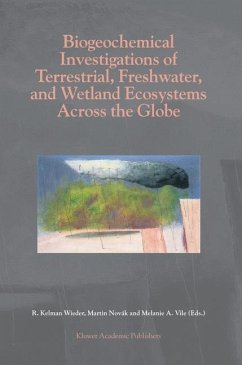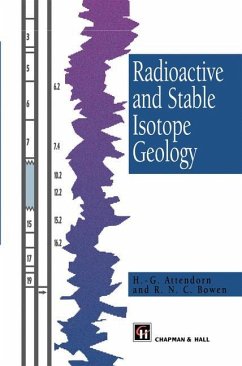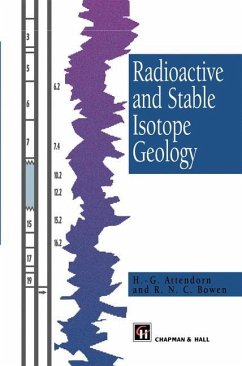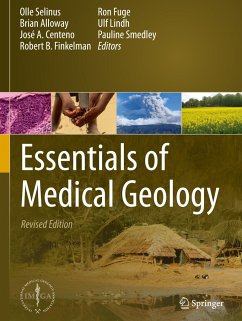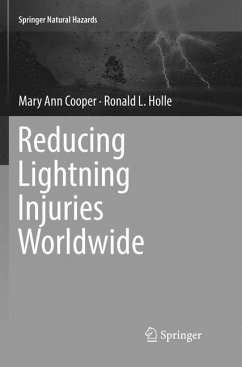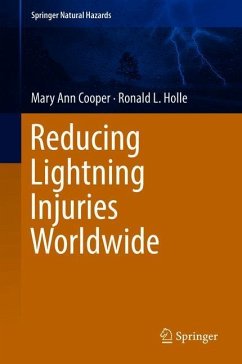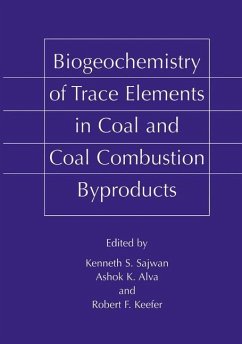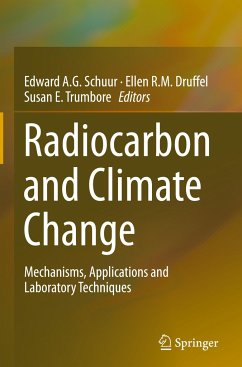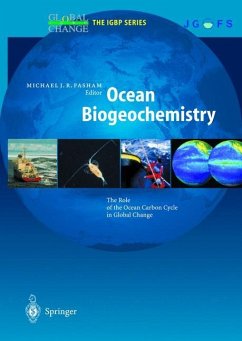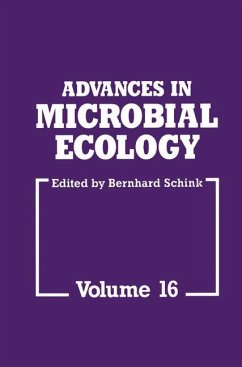Nicht lieferbar
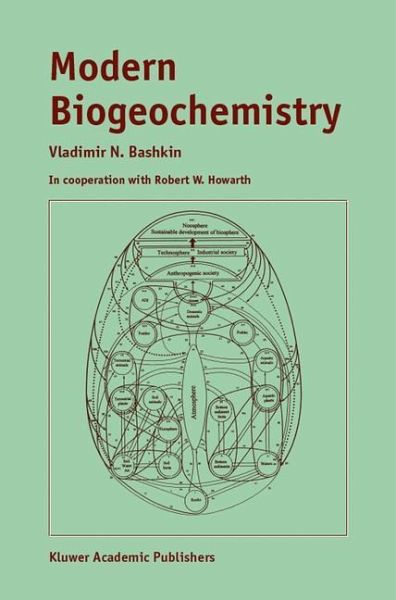
Modern Biogeochemistry
Versandkostenfrei!
Nicht lieferbar
Modern Biogeochemistry is aimed to generalize modern ideas of biogeochemical developments during the last decades. It is designed to support a general course in biogeochemistry, and as such, is likely to have a broad market among the many universities and colleges that are adding such courses to their curricula. This book aims to supplement the existing textbooks by providing modern understanding of biogeochemistry, from evolutionary biogeochemistry to practical applications of biogeochemical ideas such as human biogeochemistry, biogeochemical standards and biogeochemical technologies. To a ce...
Modern Biogeochemistry is aimed to generalize modern ideas of biogeochemical developments during the last decades. It is designed to support a general course in biogeochemistry, and as such, is likely to have a broad market among the many universities and colleges that are adding such courses to their curricula. This book aims to supplement the existing textbooks by providing modern understanding of biogeochemistry, from evolutionary biogeochemistry to practical applications of biogeochemical ideas such as human biogeochemistry, biogeochemical standards and biogeochemical technologies. To a certain extent this textbook is a summary of both scientific results of various authors and classes in biogeochemistry, that have been given to students by authors during the last 5 to 10 years at different universities throughout the world such as Cornell, Moscow, Seoul and Bangkok. Biogeochemistry is becoming an increasingly popular subject for graduate and postgraduate education. Courses in ecology, geography, biology, chemistry, environmental science, public health and environmental engineering all tend to have a biogeochemical component in their syllabuses to a greater or lesser extent.




